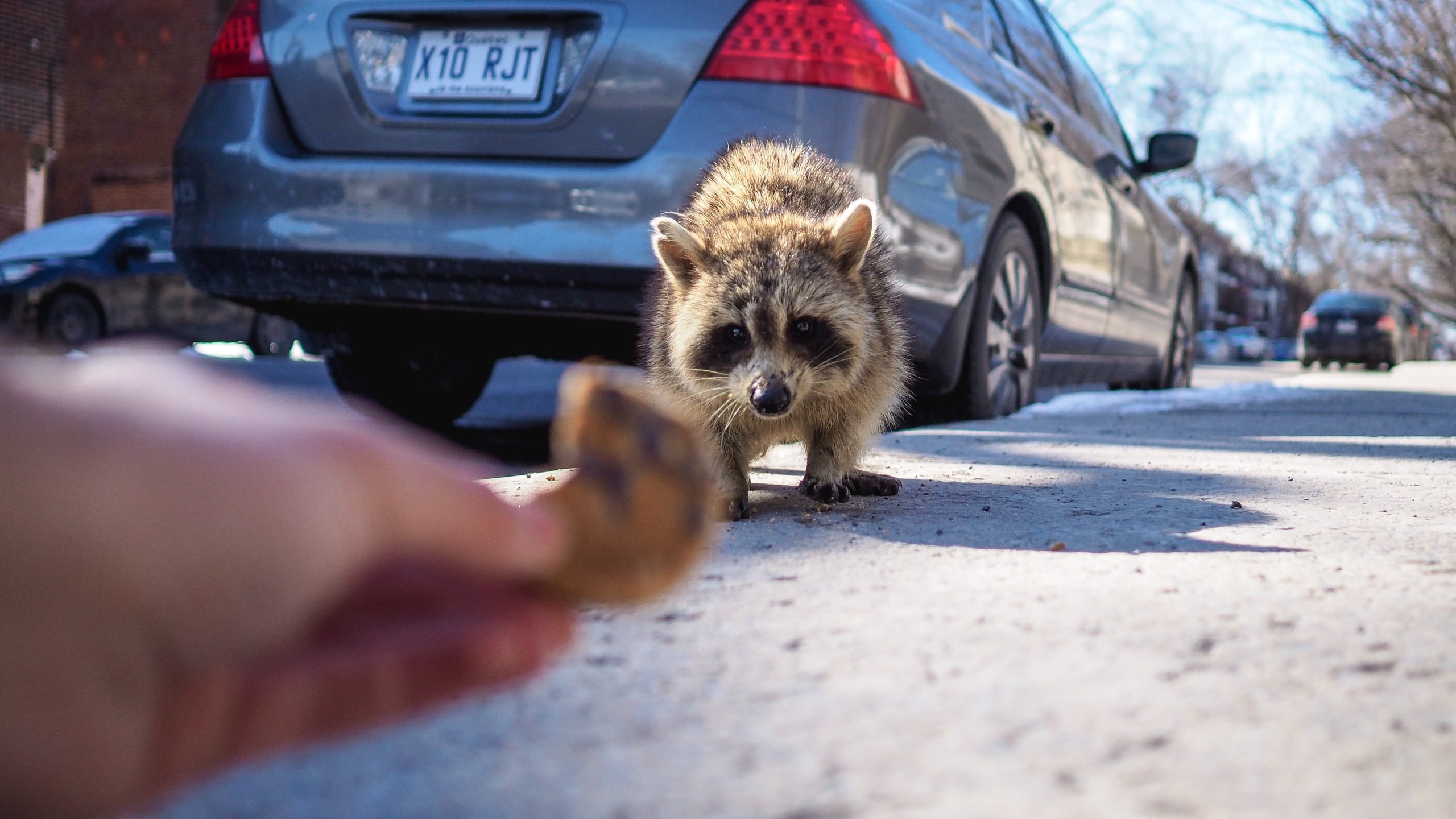Are you familiar with the raccoon dog? These fuzzy critters might look like a mixture of a raccoon and a dog, but they’re actually neither! In fact, they’re not even native to North America. But why should we care about them during this pandemic? Well, recent research has shed light on how these creatures may have played a role in the spread of COVID-19. So buckle up and get ready for some fascinating (and slightly alarming) information on the truth about raccoon dogs and their connection to the global pandemic.
Raccoon Dogs: The Good, the Bad, and the Ugly
Raccoon dogs are not actually raccoons, but a species of canid indigenous to East Asia. In recent years, they’ve become popular as pets in the West. However, there is now growing concern that raccoon dogs may be playing a role in the spread of COVID-19.
On the plus side, raccoon dogs are relatively low-maintenance pets. They’re also intelligent and affectionate, bonding closely with their human families. But there are some potential downsides to owning a raccoon dog.
First of all, they can be quite destructive. Raccoon dogs have been known to chew through electrical wires and tear up furniture. They can also be difficult to potty train. Secondly, there’s the risk of them spreading disease. Raccoon dogs are known to carry a number of diseases that can be harmful to humans, including rabies and distemper.
Now that the COVID-19 pandemic is sweeping the globe, there’s new concern that raccoon dogs may play a role in its spread. There have been reports in China of people contracting the virus after coming into contact with infected raccoon dogs. It’s still not clear how exactly the virus is spreading from animals to humans, but it’s possible that it could happen through close contact or even by breathing in infected particles from an animal’s fur.
For now, it’s best to err on the side of caution and avoid contact with raccoon
How Raccoon Dogs Can Help Us During the Pandemic
Raccoon dogs have been in the news a lot lately, and for good reason. These unique animals have been shown to be helpful in the fight against the global pandemic. Here are some ways that raccoon dogs can help us during this time:
1. Raccoon dogs are known to be resistant to certain diseases. This means that they could potentially be immune to the virus that is causing the pandemic. If further research shows that this is true, raccoon dogs could be used as a source of immunity for humans.
2. Raccoon dogs have also been shown to have a high level of intelligence. This makes them ideal candidates for training in detection and tracking of the virus. They could be used to sniff out infected people and track the spread of the disease.
3. Raccoon dogs are also very social creatures. This means that they could be used in contact tracing efforts, as they would be more likely to remember coming into contact with an infected person than other animals or humans.
4. Finally, raccoon dogs are simply cute and furry! In these dark times, they can provide some much-needed comfort and joy. Even just petting a raccoon dog has been shown to lower stress levels and promote feelings of wellbeing.
Why Raccoon Dogs Are a Threat to Global Health
Raccoon dogs are a threatened species of canids native to East Asia. They are the only species in the genus Nyctereutes and resemble a cross between a fox, a dog, and a raccoon. Despite their name, they are not closely related to either raccoons or dogs. Their diet consists mainly of small mammals, birds, frogs, and insects.
Raccoon dogs are considered a threat to global health due to their potential to transmit zoonotic diseases to humans. Zoonotic diseases are diseases that can be transmitted from animals to humans. Some of the diseases that raccoon dogs can carry include rabies, distemper, hepatitis E, and giardia.
Rabies is a virus that attacks the nervous system and is fatal to humans if left untreated. Distemper is a highly contagious respiratory disease that can be deadly to young raccoon dogs. Hepatitis E is a liver disease that can be transmitted from animals to humans through contaminated food or water. Giardia is a protozoan parasite that causes gastrointestinal illness in humans.
Raccoon dogs are also known to host fleas and ticks which can transmit other diseases such as Lyme disease and Rocky Mountain spotted fever. These diseases can be debilitating or even fatal to humans if left untreated.
Given the potential for zoonotic disease transmission, it is important for people who come into contact with raccoon dogs (or their feces) to wash their hands
What Can We Do to Prevent the Spread of Disease from Raccoon Dogs?
There are a few things that we can do as individuals to help prevent the spread of disease from raccoon dogs. Firstly, it is important to remember that these animals are wild and should not be approached or handled. If you see a raccoon dog in the wild, do not attempt to capture it or harm it in any way. Secondly, if you have pet raccoon dogs, it is important to keep them up to date on their vaccinations and to make sure that they are healthy. Raccoon dogs can carry diseases that can be harmful to humans and other animals, so it is important to take precautions when handling them. Finally, if you see a sick or injured raccoon dog, do not approach it. Contact your local wildlife rehabilitation center or animal control for assistance.
Conclusion
Overall, this research has shown us that Raccoon Dogs are not the cause of the global pandemic, and in fact may even be able to provide some protection against it. This is important information for anyone who comes into contact with these animals or their fur. We must remember to take all proper precautions when handling any unknown animal and always follow safety protocols put forth by experts in the field. It’s also vital that we continue researching ways to protect ourselves from future pandemics because without a reliable source of prevention, they could still happen again.










